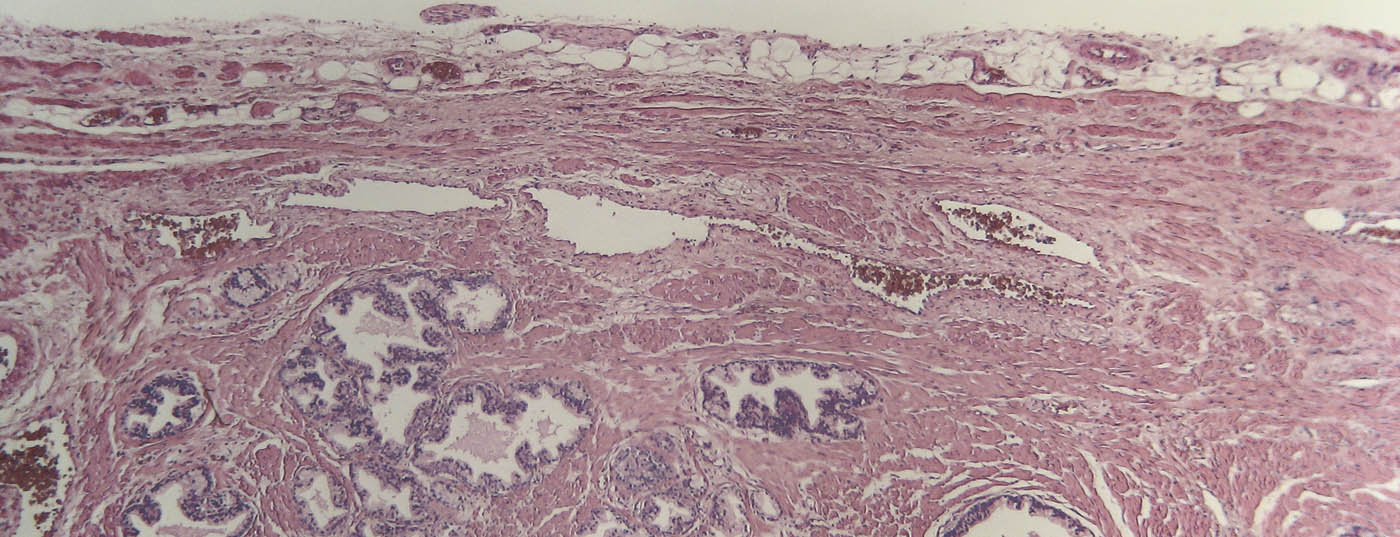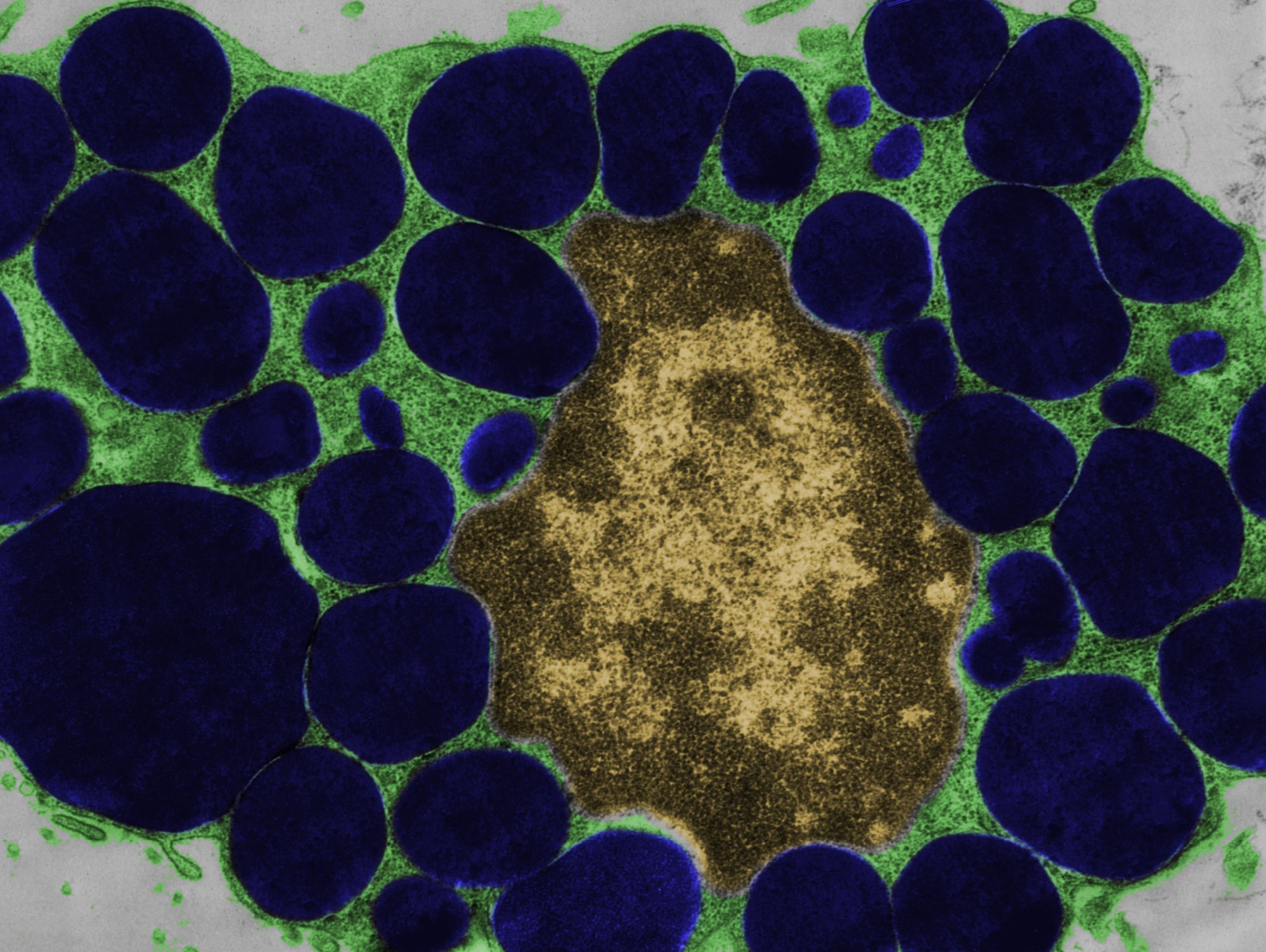A new meta-analysis examines the association between sexually transmitted diseases and prostate cancer. It comes to interesting results: Gonorrhea in particular seems to be associated with an increased risk of prostate cancer. What might this mean for prevention?
(ag) Although there has been an intensive search for modifiable risk factors in the field of prostate cancer for years, hardly any consistent results have been obtained so far. Given the high relevance of this condition, it is important that progress is made in this area: Prostate cancer is the most common carcinoma in men and is the sixth leading cause of cancer deaths worldwide.
Several studies focused on the possible relation between sexually transmitted infections (STIs) and prostate cancer. A new meta-analysis is along the same lines, examining the association between prostate cancer and infection with
- Neisseria gonorrhoeae
- Treponema pallidum (Lues)
- Chlamydia trachomatis
- Trichomonas vaginalis
- Ureaplasma urealyticum
- Mycoplasma hominis
- Herpes simplex type 1 and 2
- Human herpes virus 8
- Cytomegalovirus.
Significant increase in risk of gonorrhea
Relevant studies were collected using a systematic literature review. The summary relative risk (SRR) and 95% confidence intervals (CI) showed the association between STI and prostate cancer.
Included were 47 studies published between 1971 and 2011. Men who reported having had an STI at some point were actually more likely to also develop prostate cancer (SRR 1.49, 95% CI 1.19-1.92). A significantly increased risk of prostate cancer was mainly associated with men who had experienced gonorrhea (SRR 1.20, 95% CI 1.05-1.37); there was no significant association for all other STIs when examined individually. However, the authors point out that this does not mean that other infections and pathogens may not play a role in this regard. This is because, in part, no risk assessments were made because the study numbers were too small, and in part, the significance levels were only just missed. Further research is therefore necessary.
Expand prevention efforts
Repeated or even prolonged infections of the prostate may have a carcinogenic effect. Should future prevention be guided by this finding? The authors conclude that because of the high incidence of both prostate cancer and STIs worldwide, efforts in the area may well be worthwhile. Preventing STI and raising awareness may also prevent a significant number of associated cancers.
Source: Caini S, et al: Sexually transmitted infections and prostate cancer risk: A systematic review and meta-analysis. Cancer Epidemiology 2014; 38(4): 329-338.
InFo Oncology & Hematology 2014; 2(7): 4.











